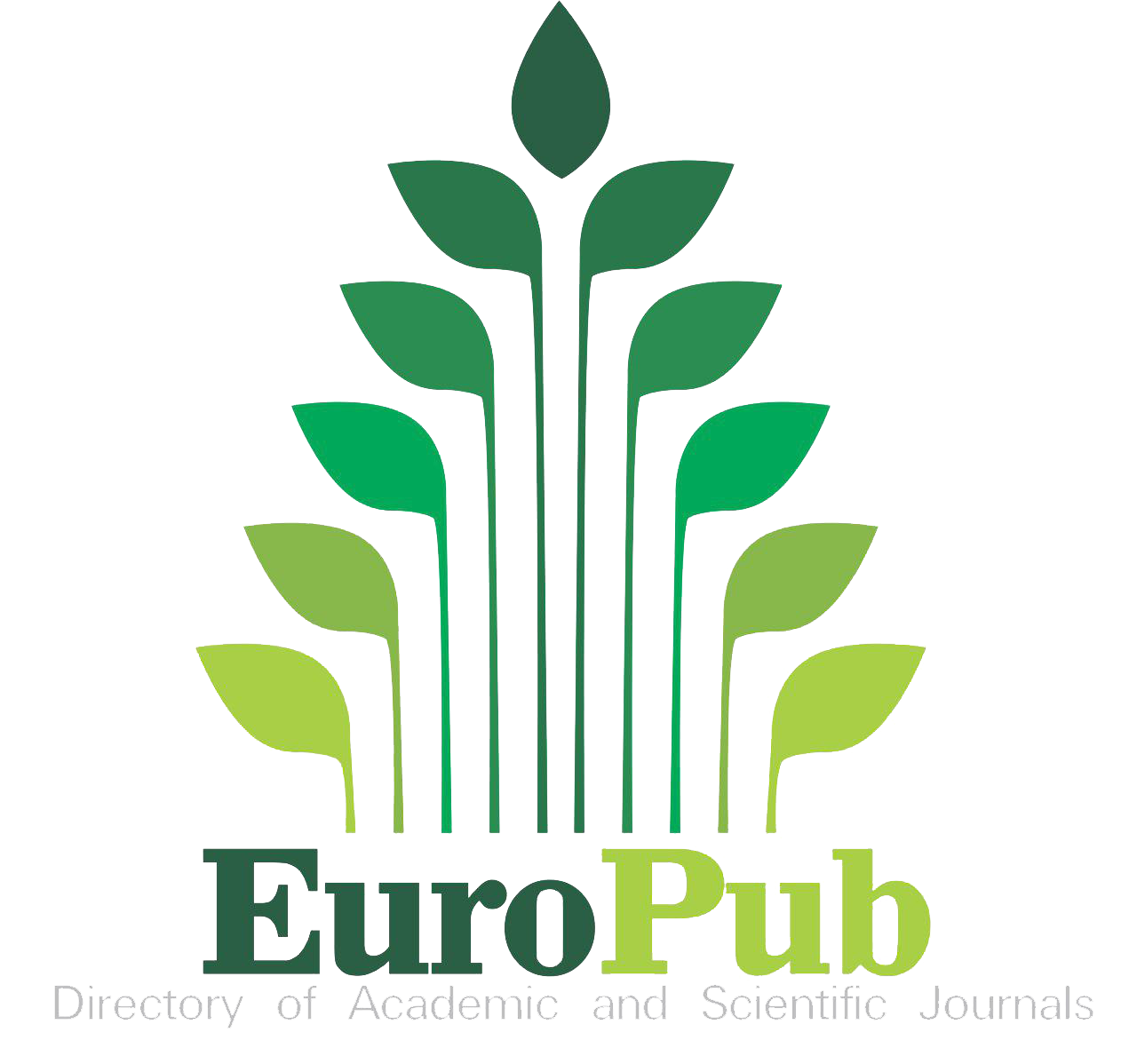INDONESIA’S REGIONAL FOOD SECURITY IN LIGHT OF THE IMPENDING GLOBAL FOOD CRISIS
DOI:
https://doi.org/10.23969/trikonomika.v21i2.7113Keywords:
food insecurity index, non-parametric splines regression, regional economics activity, food chair policies, staple foodsAbstract
Multiple disruptions in health sectors and geopolitics has been alarming food security worldwide. This study provides insights by assessing the determinants of food security in Indonesia and creating a map of the country's most food insecure areas as a basis of developing anticipating strategies. This study is quantitative in nature using secondary data from the Statistics Indonesia. To estimate the model, we used Non-Parametric Splines Regression and Clustering Analysis. The results show that food security in Indonesia is greatly impacted by rice production, population density, purchasing power index, food expenditures, and harvested area. Additionally, most of the provinces in Indonesia has a medium to high food security level. The results showed the need for integrating Indonesian food chain policies such as land, water, and fertilizer availability. In addition, the Indonesian Bureau of Logistics must take measures to preserve the availability and distribution of staple foods.











